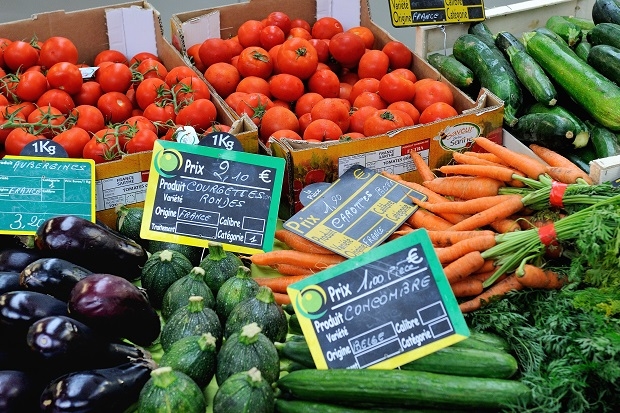Do you think that a McDonald’s Fruitizz drink contributes to your five-a-day? I only ask, because a recent newspaper investigation has shown that food companies are using the famous government-backed health campaign to sell us processed products that may have fairly tenuous links to fruit and vegetables.
The five-a-day campaign started off with good intentions: to lower the risk of strokes, diabetes, obesity and heart disease. The premise is simple – eat five portions of fruit and veg, for health and vitality.
But something has gone seriously amiss, if your five-a-day could theoretically comprise a Robinson’s Fruit Shoot, some tinned peach slices, a can of Heinz spaghetti hoops, a Yo Yo roll and a Kiddylicious Strawberry Fruit Wriggle.
Our lifestyles have become characterised by nutritional pseudo-science. We love nothing more than a badge of honour stuck onto the food we buy: low GI, organic, low-sugar, fat-free, five-a-day. We suck it up, and pay a premium for these supposed health foods.
But lo and behold, a label is not going to stop a stroke. As the newspaper investigation showed, some of these healthy ‘five-a-dayers’ have high sugar contents; the consumption of which is linked to the very diseases they were meant to prevent.
Why do we continue to be surprised by this? At this time of the year, with all the ‘foodo-science’ frothing about, I find it helpful to remind myself of what the terrific food writer Michael Pollan says in his book Food Rules:
Eat food. Not too much. Mostly plants.
This is more or less all you need. And by food, Pollan means whole fresh foods, rather than processed, ‘edible food-like substances’. Worth bearing in mind when you’re next confronted with a McDonald’s Fruitizz.






Comments